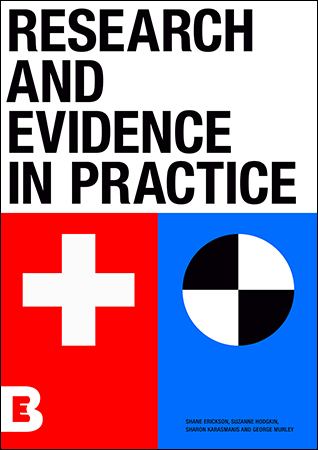Developing a research question
What is a good research question
A research question is the specific issue or problem your assignment will address. A well written research question should be brief, clear and logical It should not be too broad, nor too narrow, but somewhere in between.
Too broad
If the question is too broad, it can be difficult to focus your research and the assessment can quickly become unmanageable.
Example 1: What effect does exercise have on people?
Example 2: How can student learning be improved?
Too narrow
Questions that are too narrow can be answered with yes/no and don’t require analysis of the topic. Or, they may be so specific there isn’t sufficient research available.
Example 1: Does regular participation in an exercise program reduce the likelihood of falls in the elderly?
Example 2: How do students in regional Victorian and inner Melbourne primary schools differ in learning new PowerPoint skills?
Good research questions
High-quality research questions will help guide your research with a clear focus and prompt thorough analysis of the available resources.
Example 1: How does the regular completion of balance exercises improve the quality of life in elderly residents of aged care facilities?
Example 2: How do practical teaching activities facilitate the acquisition of new computer skills in primary school aged children?
How to develop a good research question
1. Assessment requirements
Read the requirements of your assignment and take note of any guidelines or restrictions you will need to consider. It's important to keep in mind the size or length of the assessment. A 500-word forum post will not require as thorough an analysis as a 2000-word essay. Make sure you understand what is expected If you’re unsure, contact your tutor or lecturer for clarification.
2. Identify the general/broad topic
Select a general/broad topic that interests you. The research process will be a much more enjoyable experience if you are genuinely interested in learning more about the topic.
3. Initial research
Identify current/prominent issues and knowledge gaps which can assist you in developing a relevant research question. Keep notes about questions they raise or, create a concept map to visually demonstrate how specific topics are connected.
4. Consider the scope of your topic
Focus on a specific topic you identified in the previous step. Keep in mind , if your initial research did not produce sufficient material, you may need to broaden your topic instead.
5. Draft a research question
Draft a research question based on your topic. Considering the Who, What, When, & Where of your topic may be helpful in creating a more specific research question.
Once you have drafted a question, consider the following:
- Is my research question answerable?
- Is my research question too broad or too narrow?
- Is my research question clear?
6. Further research/Refine research question
Conduct more focused research to find suitable information and evidence to use in your assessment. While you conduct more research, remember that your research question is not set in stone and it’s not uncommon to continue editing it during this phase.
Useful links
Recommended for Health students:
-
 Research and evidence in practice
by
Chapter 2: Asking questions to guide your search for evidence
Research and evidence in practice
by
Chapter 2: Asking questions to guide your search for evidence
-
Evidence Based PracticeLearn how to convert your information needs into an answerable clinical question and how to find the best evidence.